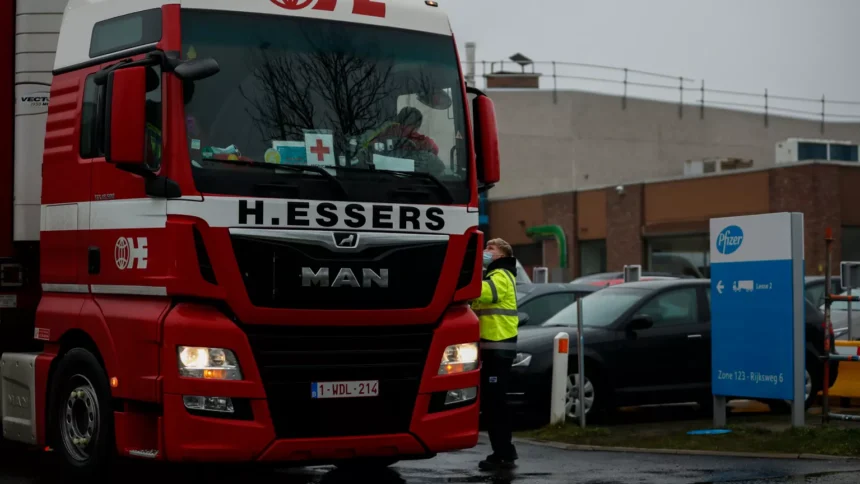Despite the announcement of a new transatlantic trade agreement on Sunday, the current state of pharmaceutical tariffs between the US and the EU is still unclear. Given the industry’s reciprocal reliance, the position is extremely delicate: EU-based pharmaceutical businesses, notably those in Ireland and Denmark, rely significantly on access to the US market, while the US imports significant amounts of essential drugs from the EU.
The 15% tax that will be applied to the majority of products imported into the United States from the European Union will not apply to medicines, even though the new trade deal will formally go into effect on August 1.
As a result, according to many EU sources, medicines were legally left out of yesterday’s official agreement since the US was unable to commit to any tariff increases until that process was finished. Nonetheless, the EU anticipates that the US, under President Trump, would uphold the unofficial agreement made during discussions if tariffs are imposed after the probe. Among these is a 15% tariff cap, which the EU views as “all-inclusive”—that is, it ought to extend to goods that are still being investigated, including semiconductors and medications.
Also Read:
Medhat Elabd: Driving Financial Foresight Through Trust and Precision





